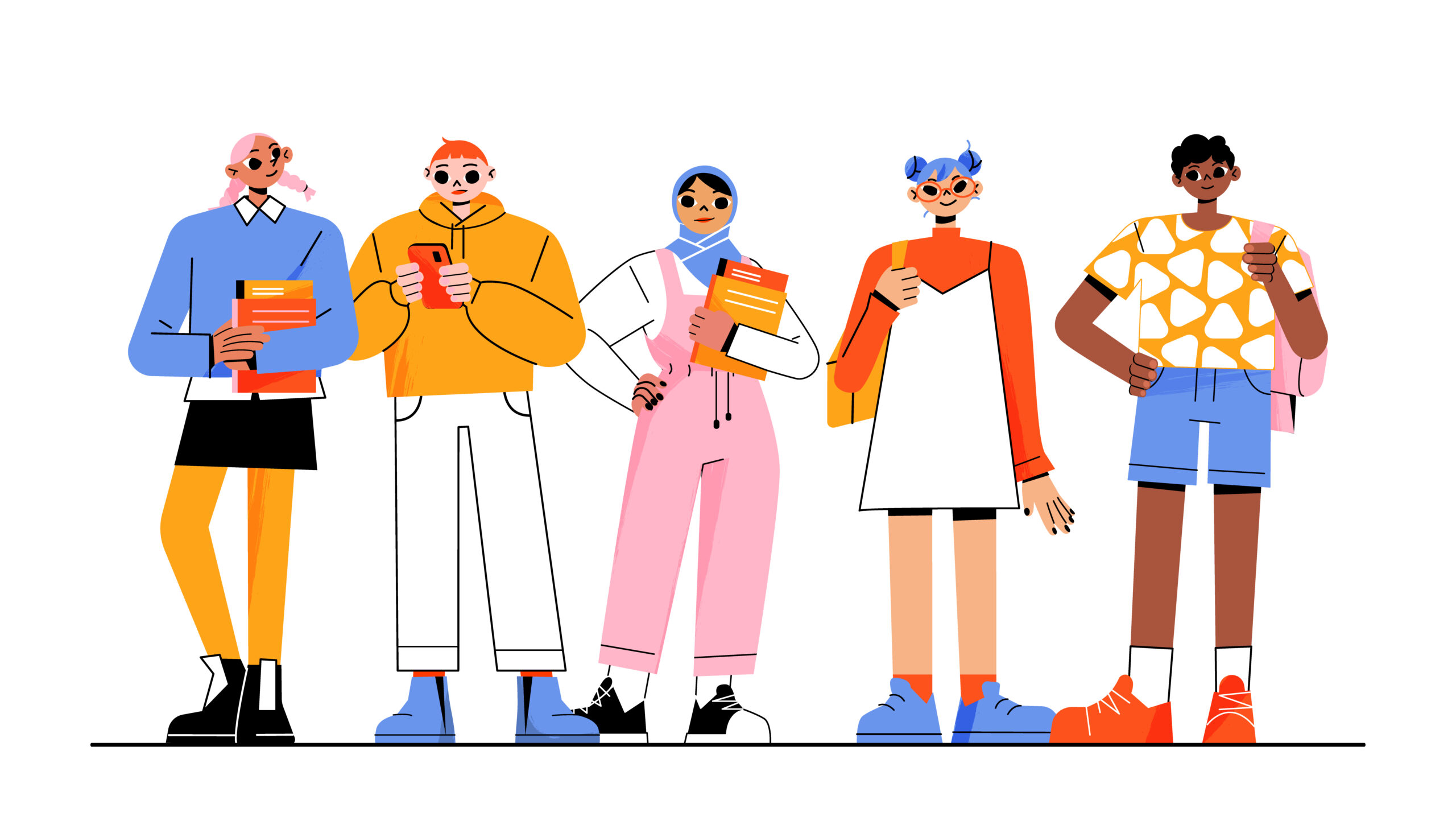Teen & Young Adult Research Study
Researchers at Nemours Children’s Hospital are conducting a study to better understand the factors that contribute to resilience in adolescents and young adults (AYAs) aged 16-21, with or without chronic musculoskeletal pain, along with their parents or caregivers.

Fast Facts

Young Adults Ages 16-21

Have Had Chronic Pain (For 3+ Months) Or No Pain

Compensation Provided

Conducted in Jacksonville, FL
Study Background
Researchers at Nemours Children’s Hospital are studying resilience in adolescents and young adults (16-21) with or without chronic musculoskeletal pain, along with their caregivers.
The Study of Healthy Adaptation and Resilience to Pain in Emerging Adulthood (SHARPE) aims to explore the factors that foster resilience in adolescents and young adults (AYAs) aged 16-21, with or without chronic musculoskeletal pain. Resilience, defined as the ability to recover and adapt after challenges, plays a critical role in coping with chronic pain and its associated difficulties. By involving both AYAs and their parents or caregivers, the study seeks to provide a holistic understanding of the support systems and personal characteristics that contribute to healthy adaptation in this age group.
The findings from SHARPE have the potential to impact the future of chronic pain management and prevention. Insights from the study may guide the development of targeted interventions to enhance resilience, improving the quality of life for individuals living with chronic pain and offering strategies to prevent its onset in at-risk populations.
Join our compensated study today!

Study Background
Researchers at Nemours Children’s Hospital are studying resilience in adolescents and young adults (16-21) with or without chronic musculoskeletal pain, along with their caregivers.

The Study of Healthy Adaptation and Resilience to Pain in Emerging Adulthood (SHARPE) aims to explore the factors that foster resilience in adolescents and young adults (AYAs) aged 16-21, with or without chronic musculoskeletal pain. Resilience, defined as the ability to recover and adapt after challenges, plays a critical role in coping with chronic pain and its associated difficulties. By involving both AYAs and their parents or caregivers, the study seeks to provide a holistic understanding of the support systems and personal characteristics that contribute to healthy adaptation in this age group.
The findings from SHARPE have the potential to impact the future of chronic pain management and prevention. Insights from the study may guide the development of targeted interventions to enhance resilience, improving the quality of life for individuals living with chronic pain and offering strategies to prevent its onset in at-risk populations.
Join our compensated study today!

Additional Information
This study is being done to identify the factors that promote resilience in adolescents and young adults with or without chronic musculoskeletal pain, aiming to improve pain management, prevention, and overall quality of life.
You may qualify for this study if you meet the following criteria.
Inclusion Criteria:
- Ages 16-21 years old and can participate with a parent or caregiver
- Either have had chronic pain for 3+ months or no pain
- Able to travel to Nemours Children’s Hospital in Jacksonville, FL for 2 study visits
- If under 18, can obtain parental permission to participate
If you participate in this study, here’s what you can expect:
Initial Online Activities
- You will complete an online meeting and fill out questionnaires at home, each taking about 30 minutes.
Study Visits
- You will attend two study visits, each lasting 1 to 1.5 hours, scheduled six months apart.
- During these visits, you will perform tasks designed to measure how people respond to pain.
Optional Activity Monitoring
- Some participants will be asked to wear a smartwatch for 14 days to track physical activity.
Participants can choose to be paid for their time or receive 5 hours of community/volunteer service hours per study visit.
There is no cost for you to participate in our research study.
